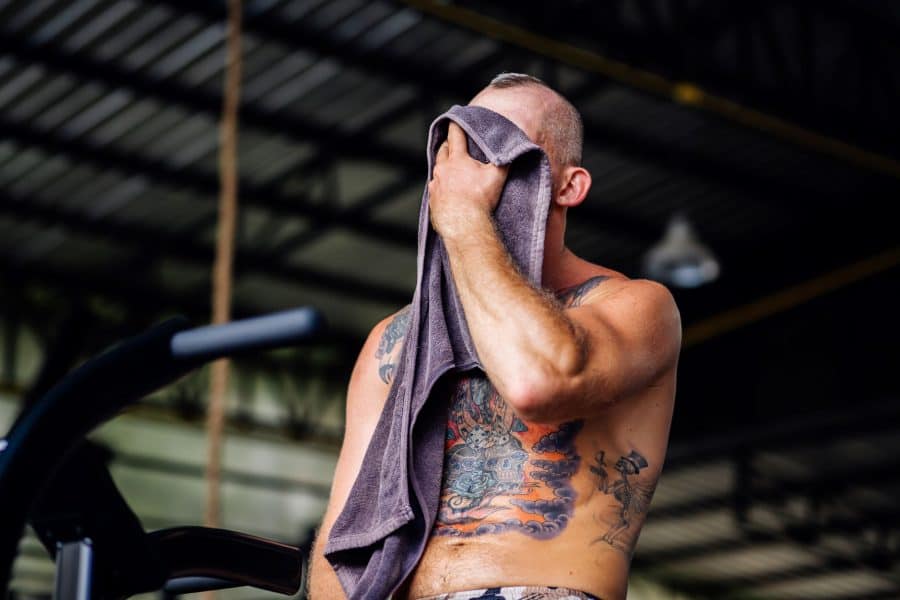How To Become a Morning Person
Have you ever envied early risers? We wouldn’t blame you if you have (we certainly do). They’re more positive, active, achieve more with their day, and seem to have it all together.
A healthy, desirable lifestyle seems so far out of reach when the snooze button is your best friend. But it’s completely possible by making small, but impactful changes in your life. We speak to the experts about how you can take control and make it happen, so you’ll have a new best friend – you can thank us later.
Why Are Some People Better in the Morning Than Others?

“We all have our own body clock, which is one of the main determinants of whether we are a morning person or not,” says Dr. Caroline Leaf, Neuroscientist, Mental Health, and Mind Expert. Research indicates that people who have a sleep pattern that goes against their natural body clock may battle more with irritation and anxiety in the morning, making them less likely to be a morning person naturally.
“Genes may also play a role. Sleep is genetically controlled, but we are still examining why and how this affects our ability to be a morning person,” says Dr. Leaf. She refers to a recent study that showed being genetically programmed to be an early riser seems to protect against depression, anxiety and improve our overall wellbeing. “But this could also be because, based on our standard 9-5 workday, our modern society is set up to benefit the early riser,” she says.
“However, based on the flexibility in work hours the Covid pandemic has resulted in, it seems that there is a case to be made for adaptable working habits that are more aligned with an individual’s natural body clock and not society’s body clock.”
Can You Train Yourself To Be a Morning Person?

While some of us may be naturally better in the mornings, it’s possible to become a morning person by switching up our routine. To be the healthiest version of you, researchers note that it’s important to understand the link between chronotype – your manifestation of the circadian rhythm, which influences your tendency to sleep at different times – genes, and mental health, explains Dr. Leaf.



















